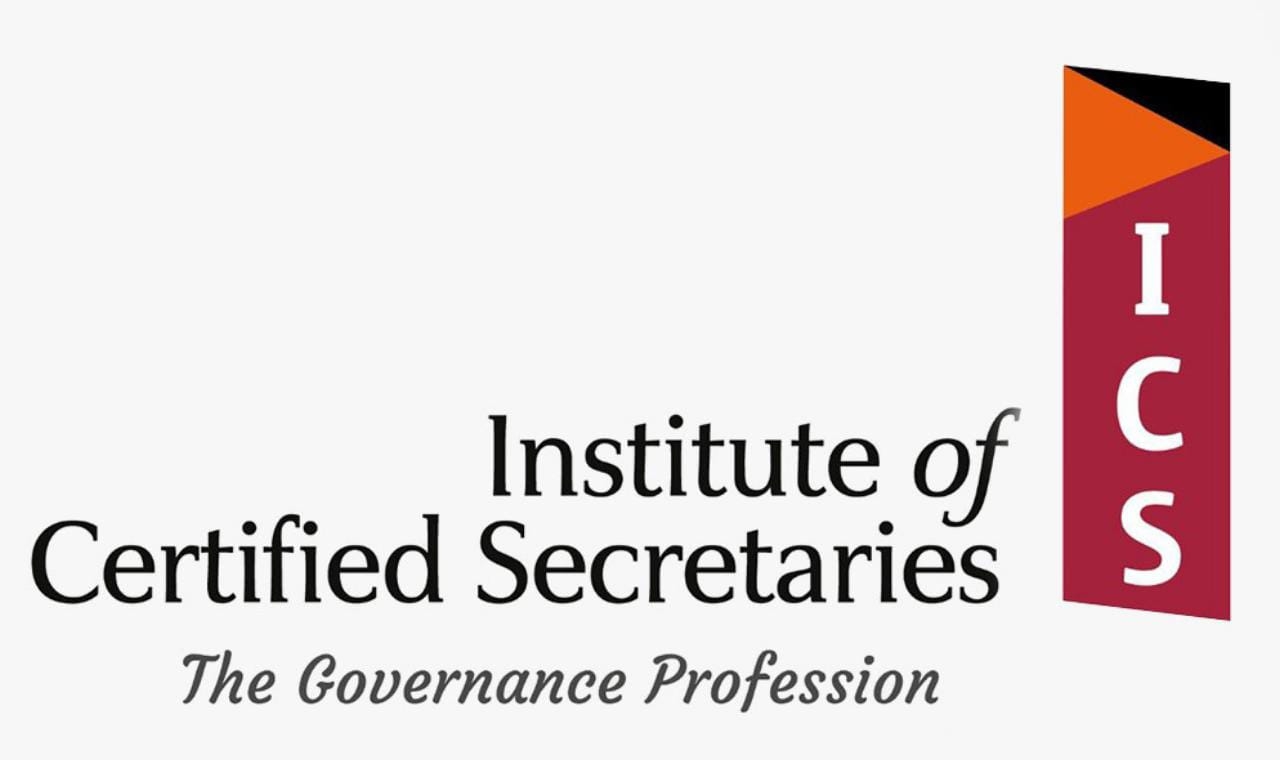Governance Blog
MENTAL HEALTH AT THE WORKPLACE REQUIRES STRONG LEADERSHIP FROM BOARDS AND SENIOR MANAGEMENT
Admin – November 21, 2025
Mental health has become one of the most pressing issues in today’s workplace, yet, it remains one of the least...
Read More
HOW STRONG BOARDS SECURE THE LONGEVITY OF PRIVATE ENTERPRISES
Admin – November 21, 2025
In the dynamic and often unpredictable world of business, longevity remains the true measure of success. Many private companies in...
Read More
WHY EVERY PRIVATE COMPANY NEEDS A BOARD
Admin – November 21, 2025
Many privately owned businesses in Kenya and across the region continue to operate without formal boards. For many founders, the...
Read More
WHY GEN Z MUST RECLAIM GOVERNANCE FROM THE CORRUPT GENERATIONS
Admin – November 21, 2025
Few words stir as much fatigue and frustration in Kenya as corruption. It is not merely a crime in our...
Read More
REIMAGINING GOVERNANCE THROUGH THE GENZ LENS
Admin – November 11, 2025
Kenya’sgovernance landscape is experiencing a generational shift. For decades, theboardroom has symbolised experience, hierarchy and authority. These spacesoften dominated by...
Read More
Corporate Governance in Times of Crisis: Insights from the Kenyan Context
Admin – September 18, 2025
Corporate governance plays a pivotal role in ensuring organizational sustainability and resilience, especially in times of crisis. It encompasses the...
Read More
Public Participation: A Constitutional Promise or a Box-Ticking Exercise?
CS Esther Kavee – September 15, 2025
When Kenya’s 2010 Constitution was enacted, public participation was widely celebrated as a bold attempt to shift power closer to...
Read More
THE DUAL ROLE OF THE COMPANY SECRETARY: COMPLIANCE MAESTRO AND ADMINISTRATIVE ENABLER
Admin – September 2, 2025
In 1847, Dr. Ignaz Semmelweis discovered that handwashing could drastically reduce deaths from childbed fever. His advice was however ignored...
Read More
SHAREHOLDERS AND GOVERNANCE
Admin – August 26, 2025
1. Introduction When we talk about shareholders, we refer to individuals or entities that have invested in a company through...
Read More
When the Ears Outgrow the Head: Governance Imbalance in Kenya’s Public Institutions
Admin – August 15, 2025
Organizations resemble living creatures, the board is the head, charting vision and guarding integrity, while advisory bodies, consultants, and executives...
Read More
THE ROLE OF SECRETARY IN ESG
Admin – July 17, 2025
Introduction Globally, new requirements for environmental, social and governance disclosures are being introduced. Voluntary reporting frameworks are rapidly transitioning into...
Read More
CORPORATE GOVERNANCE AND ESG
Admin – July 9, 2025
Introduction Corporate governance and ESG (Environmental, Social, and Governance) are two closely related concepts. Corporate governance refers to the system...
Read More
Harnessing Big Data for Sustainable Growth in Kenyan Counties
Admin – June 5, 2025
In order to solve socioeconomic issues, technology and data analytics integration in governance are becoming more and more crucial. Large...
Read More
Funding Sustainable Projects through Green Financing in Kenya
FA Ndirangu Ngunjiri – January 28, 2025
Earnest Journey to FinancingSustainable Projects through Green Financing in Kenya Over the last couple of decades, the world has seen...
Read More
THE CASE OF ESG & GREENWASHING: A KISS-AND-TELL
Admin – October 14, 2024
by Festus Kimeli Introduction Environmental, Social, and Governance (ESG) refers to the criteria used to evaluate the performance of an...
Read More
A Focus on The S in ESG in Media Industry in Kenya; Freedom of Expression vs Social Responsibility
CS Linda Namiinda – September 25, 2024
CS Linda Namiinda Introduction On the March 21, 2021, Shaffie Weru, a renowned radio presenter, his co-host, Neville Muasya and...
Read More
A Critical Lens on ESG and ESG Ratings
CS Gilbert Kiprono & Hosea Mutwiri – September 25, 2024
Introduction ESG, which stands for environmental, social, and governance, has gained significant traction in recent years. The importance of ESG...
Read More
How Governance can yield Sustainability
CS James Kimani – September 13, 2024
In recent years, sustainability has become a crucial focus for individuals, businesses, and governments. At the core of sustainability is...
Read More
Partnerships & Collaborations in Achieving Governance in Public and Private Sector
Admin – July 5, 2024
Effective governance is a crucial aspect of both the public and private sectors, and achieving it requires the cooperation and...
Read More
MIND-SET FOR GROWTH, ADAPTABILITY, AGILITY & RESILIENCE IN CORPORATE GOVERNANCE
CS Gilbert Kiprono & Hosea Mutwiri – March 5, 2024
Incorporating a growth mindset into corporate governance is critical to success in these uncertain times. A growth mindset is a...
Read More















